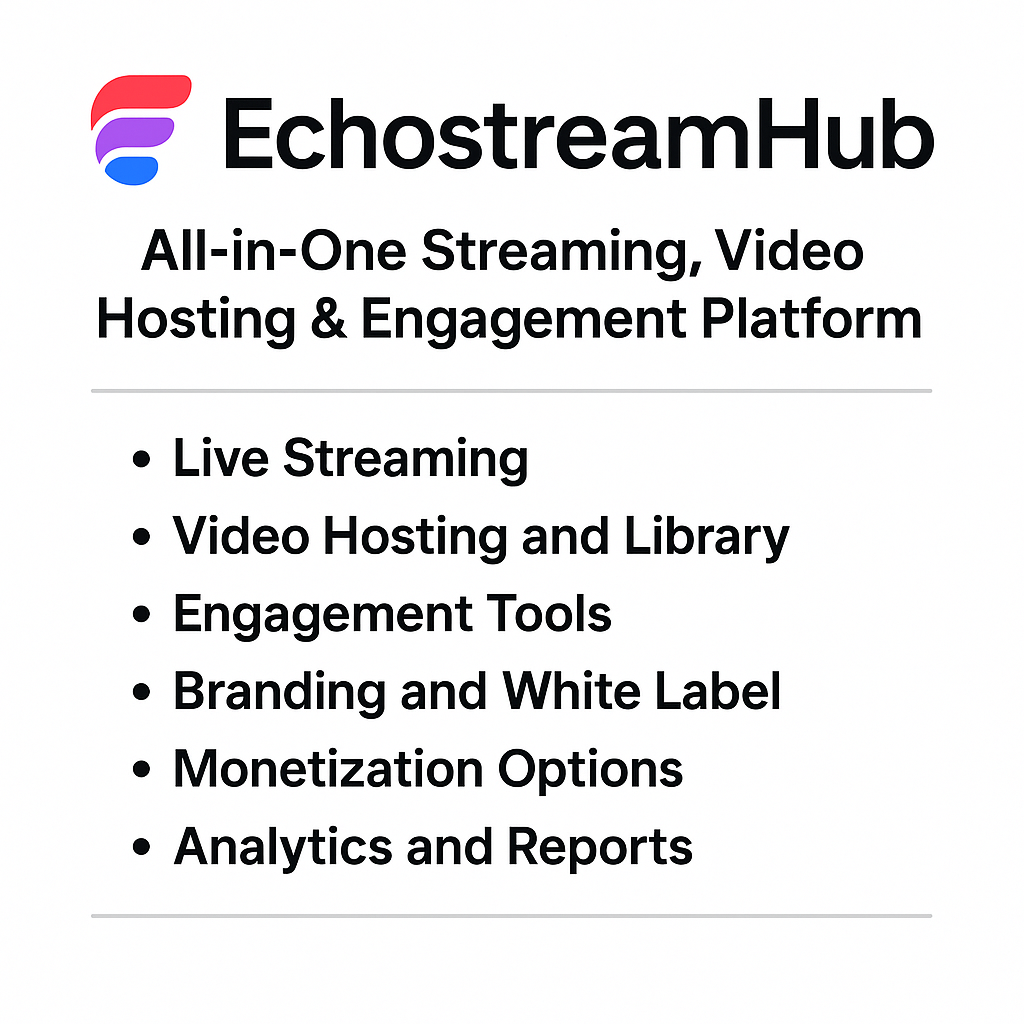Tech
How to use Proxies for Business
Published
7 years agoon
By
Farhan Malik
A proxy is used to protect your privacy and information – by your internet-enabled device. You may consider it an intermediary, and as such, it enables you to view websites and grab information from them.
The thing here is – the proxy acts as a third party, taking requests in line with the rules of the servers. The proxy will perform some set of steps at its basic level:
- You connect to the proxy server.
- You’ll request a service or information – it could connect to a website or request for a file.
- The proxy server uses its filtering guidelines for the request.
- The request is verified and sent to the right server.
- The file or information is sent back to the user after it is collected.
Although proxies can do a lot more, these are the usual steps. If you want to learn more, be sure to check out this great blog post by Oxylabs.
Types of Proxies
There are many different types of proxies, however, let’s take a look at some of the most popular ones.
What are Datacenter Proxies?
Datacenter proxies are not related to any Internet Service Provider (ISP). They emanate from a secondary corporation and offer private IPs – for anonymity and authentication.
Datacenter proxies, in most cases, are from cloud service providers, which are used by several people all at the same time. Some targets can quickly flag these IP addresses, and you’ll have to take some precautionary measures.
What are Residential Proxies?
A residential proxy is an IP address that comes from an ISP (Internet Service Provider) and is given to a homeowner. It has a connection with a physical location as it is a real IP address. What it means is that anytime you relocate to a new place and have your internet setup, your ISP will offer you an IP address.
Asides from the above types of proxies, you can also have shared, semi-dedicated and private proxies. Let’s throw more light on them.
Shared Proxies
Shared proxies are IP addresses that are commonly used by multiple people at the same time. When you compare them to private proxies, they’re considered inferior. But you can still use them for a wide array of tasks online. They’re inexpensive types of proxies. However, be vary of free proxies as they will most likely just steal your data or try to infect your device.
Private Proxies
A private proxy is an intermediary that lies between the client and the internet. Using a private proxy server means you’re using an IP that is dedicated to you alone during your rental period.
When you have a private proxy server, the request goes right through the server. It hides the client’s original IP address when it connects to the internet.
You’ll get a high level of anonymity with private proxies – and they’re used for both business and personal needs.
Semi-dedicated Proxies
Up to three people use these proxies, hence the name “semi-dedicated.” Sharing this proxy with other people makes it more affordable. This is a good offer if you don’t need a proxy that is dedicated to you alone.
These proxies are not fit for account creation/management on social media sites – they’re perfect for general browsing.
Importance of Proxies
If web scraping is essential to you right now, then you can’t take away the critical roles of proxies. When you scrape at any scale, using proxies is a must. But you could spend considerable time troubleshooting issues related to them than maintaining your spiders.
Your proxy will help you hide your IP when you scrape – otherwise, your IP will be restricted severely. Using different proxies from a pool keeps you safe from any restriction whatsoever.
Proxy Use Cases
Collecting Data from Competitors Websites
One of the use cases of proxies is for competitive intelligence. You can hide under proxies to collect data from your competitors’ sites. You can track data center proxies with ease, and the request coming from such tools will be blocked.
If, however, you use a residential proxy, the request seems more like it is coming from a real person. So, if you intend sending plenty of requests, residential proxies will help you deliver from a different IP address – from any city, country and also local ISPs.
Brand Protection
Another use case for proxies is brand protection – and even waging war against counterfeiters.
Sellers of counterfeit products will restrict access to their websites from countries where the real manufacturers are. This action makes it difficult to identify them and to initiate legal action against them.
With proxies, you can get access to those websites from where the real manufacturers are located and then collect the required data
Marketing and Advertising Optimization
You must test your ad campaigns to see if the ads are being delivered as promised. You may use proxies to view how a particular ad looks – for instance, in the search results, from a specific location. It will help you conclude whether it is displayed correctly or not.
Improve Corporate and Institutional Security
With a proxy, you can reduce the chances of a data breach. Proxy servers will add an extra layer of security between your server and the traffic coming from outside – they tend to act as buffers.
Prevent your Server from Crashing
It is such a painful experience when you’re trying to login to a site only for you to realize the website is down. Proxy servers and cloud data will never allow this to happen, and in the process, it will improve the customer experience.
To sum up – proxies help you achieve specific business goals. You can’t take away the usefulness of their ability to simulate a request from real users. If you have been sitting on the fence in regards to this issue, maybe now it will be easier to decide.
You may like

Sodziu: The Word With Many Meanings

CinndyMovies: A Simple Guide to Features, Safety, and Why People Talk About It

EchostreamHub: A Simple Guide to the All-in-One Streaming and Media Platform

What You Need to Know About Police Brutality?

12 Sites to Watch Free Online TV Shows with Complete Episodes in 2024


